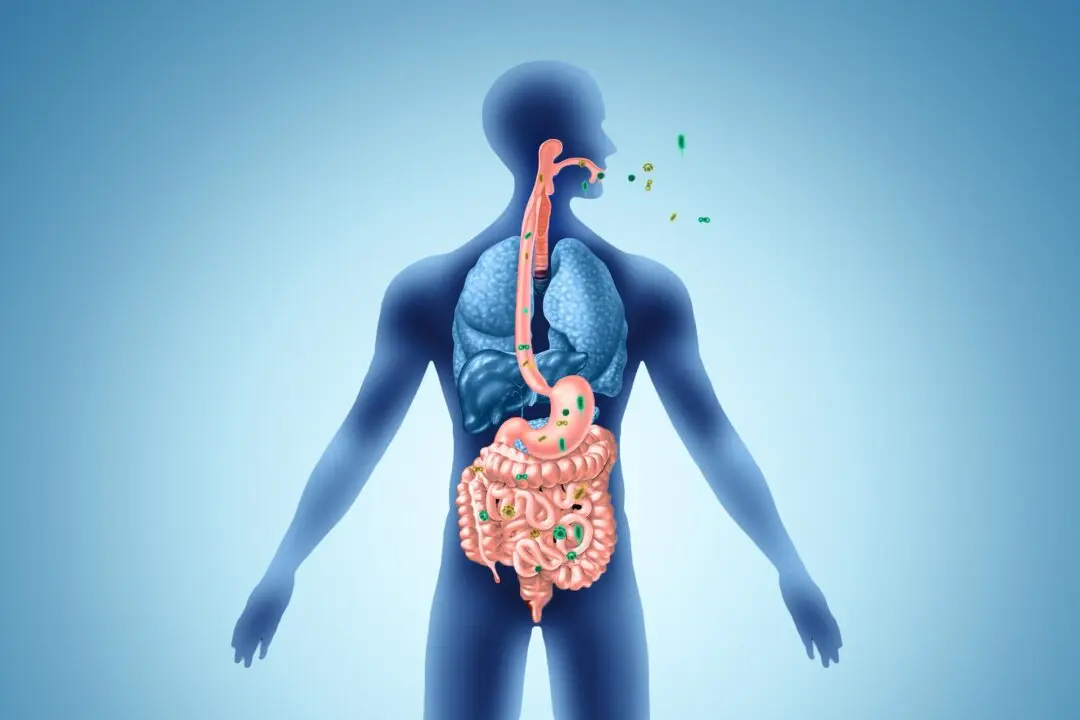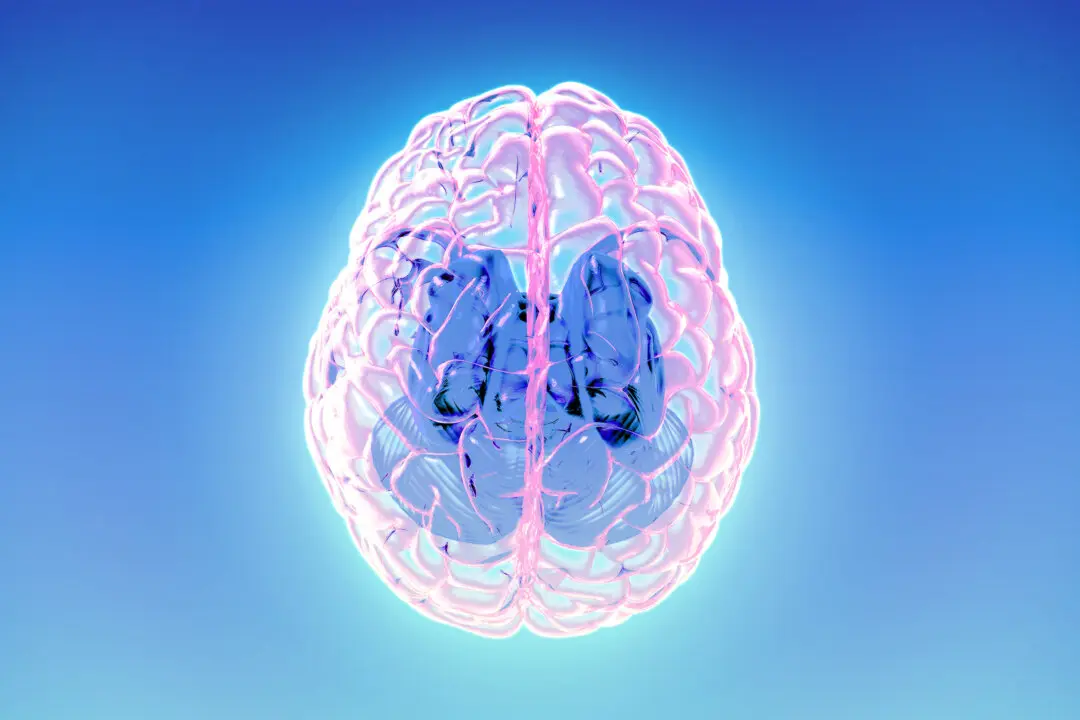There is a surprising new potential contributor to cognitive decline: constipation, according to a new, first-of-its-kind study.
“When one system is malfunctioning, it impacts other systems,” Heather Snyder, who holds a doctorate in molecular biology and is the Alzheimer’s Association vice president of medical and scientific relations, said in a statement, noting the interconnected nature of the body’s systems. “When that dysfunction isn’t addressed, it can create a waterfall of consequences for the rest of the body.”






